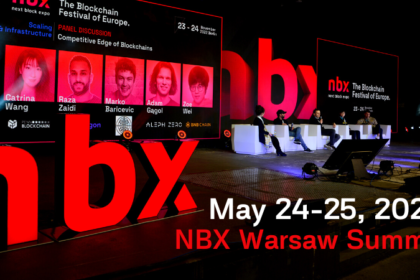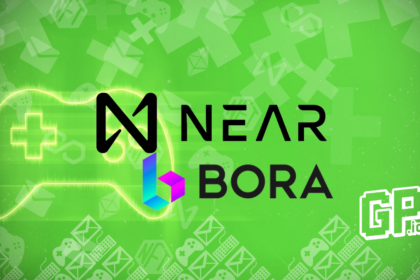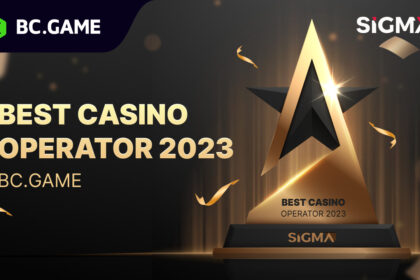In recent years, the concept of decentralized ecosystems has become increasingly popular, with many companies seeking to create blockchain-based ecosystems for a variety of applications. One area where decentralized ecosystems hold a lot of promise is in the gaming industry. In this article, we’ll explore the challenges and opportunities of building decentralized game ecosystems and the potential benefits they can bring to players and developers alike.
Decentralized game ecosystems are designed to provide players with a more secure, transparent, and fair gaming experience. By leveraging blockchain technology, developers can create decentralized game platforms that are not only more secure and transparent but also allow players to retain ownership of their in-game assets. However, building decentralized game ecosystems is not without its challenges.
The Challenges of Building Decentralized Game Ecosystems
Scalability
One of the biggest challenges of building decentralized game ecosystems is scalability. Currently, most blockchain-based systems suffer from slow transaction speeds and limited throughput, which can make it difficult to create game ecosystems that can support a large number of players.
User Adoption
Another challenge of building decentralized game ecosystems is user adoption. While blockchain technology has gained a lot of attention in recent years, it is still relatively new and unfamiliar to many people. Getting players to adopt decentralized game platforms may require significant education efforts and a willingness to try something new.
Game Design
Decentralized game ecosystems also present unique design challenges. For example, game developers must consider how to balance in-game economies and create mechanics that ensure fairness and prevent cheating. Additionally, the use of blockchain technology may require developers to rethink traditional game design paradigms, such as how in-game items are stored and traded.
Regulatory Challenges
Finally, building decentralized game ecosystems may face regulatory challenges. Governments around the world are still grappling with how to regulate blockchain-based systems, and the gaming industry is no exception. Developers may need to navigate a complex regulatory landscape to ensure compliance with local laws and regulations.
The Opportunities of Building Decentralized Game Ecosystems
While building decentralized game ecosystems presents significant challenges, it also offers many opportunities for developers and players alike.
Ownership of In-Game Assets
One of the biggest opportunities of decentralized game ecosystems is that they allow players to retain ownership of their in-game assets. Traditionally, in-game items and currencies are controlled by game developers, but on decentralized platforms, players can own and trade items freely. This can create a more open and fair gaming experience that is not subject to the whims of developers.
Transparency and Fairness
Decentralized game ecosystems also offer greater transparency and fairness. Because blockchain transactions are public and immutable, players can be confident that the games they play are fair and not subject to cheating. Additionally, decentralized platforms can provide greater transparency around in-game economies, allowing players to make more informed decisions about how they play the game.
New Business Models
Finally, decentralized game ecosystems offer the potential for new business models. For example, developers can create games that allow players to earn cryptocurrency as they play, creating a new revenue stream for both developers and players. Additionally, decentralized platforms may allow for more flexible pricing models, such as pay-per-play or subscription-based models.
Building decentralized game ecosystems presents significant challenges, but also offers many opportunities for developers and players alike. By leveraging blockchain technology, developers can create more secure, transparent, and fair gaming experiences that allow players to retain ownership of their in-game assets. While there are still many hurdles to overcome, the potential benefits of decentralized game ecosystems are too significant to ignore.









